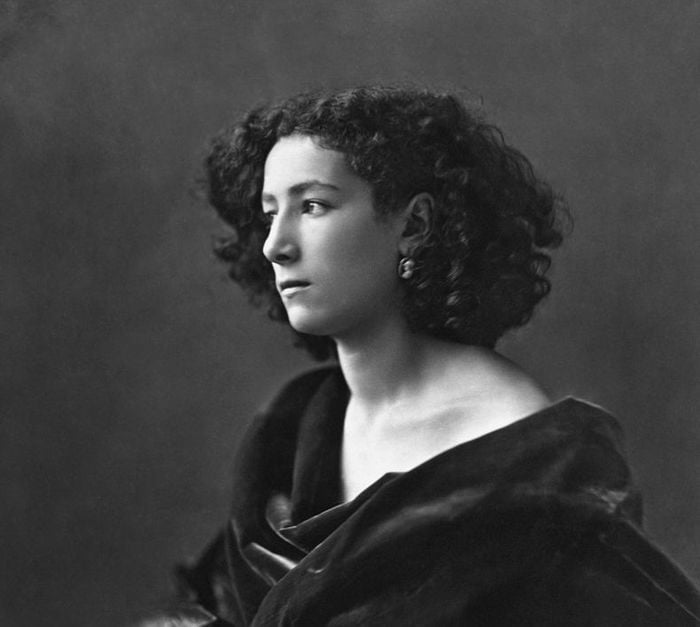They assumed, however, an air of great dignity on those days when a newcomer was brought in among them, at first entertaining him gravely as a citizen, but on the morrow using him with affectionate familiarity and calling him by his nickname. Great words were used there: Corporation, Responsibility, and phrases quite unintelligible to Jean Francis—such as this, for example, which he once heard imperiously put forth by a frightful little hunchback who blotted some writing-paper every night:
“It is done. This is the composition of the Cabinet: Raymond, the Bureau of Public Instruction; Martial, the Interior; and for Foreign Affairs, myself.”
Fashion of cockchafers
His time done, he wandered again around Paris, watched afar by the police, after the fashion of cock chafers, made by cruel children to fly at the end of a string. He became one of those fugitive and timid beings whom the law, with a sort of coquetry, arrests and releases by turn—something like those platonic fishers who, in order that they may not exhaust their fish-pond, throw immediately back into the water the fish which has just come out of the net.
Without a suspicion on his part that so much honor had been done to so sorry a subject, he had a special bundle of memoranda in the mysterious portfolios of the Rue de Jerusalem. His name was written in round hand on the gray paper of the cover, and the notes and reports, carefully classified, gave him his successive appellations: “Name, Leturc”; “the prisoner Leturc,” and, at last, “the criminal Leturc.”
He was two years out of prison, dining where he could, sleeping in night lodging-houses and sometimes in lime-kilns, and taking part with his fellows in interminable games of pitch-penny on the boulevards near the barriers. He wore a greasy cap on the back of his head, carpet slippers, and a short white blouse. When he had five sous he had his hair curled.
He danced at Constant` at Montparnasse; bought for two sous to sell for four at the door of Bobino, the jack of hearts or the ace of clubs serving as a counter mark; sometimes opened the door of a carriage; led horses to the horse-market. From the lottery of all sorts of miserable employments he drew a goodly number. Who can say if the atmosphere of honor which one breathes as a soldier, if military discipline might not have saved him?
Read More about Memoirs or Chronicle of the Fourth Crusade part 36








